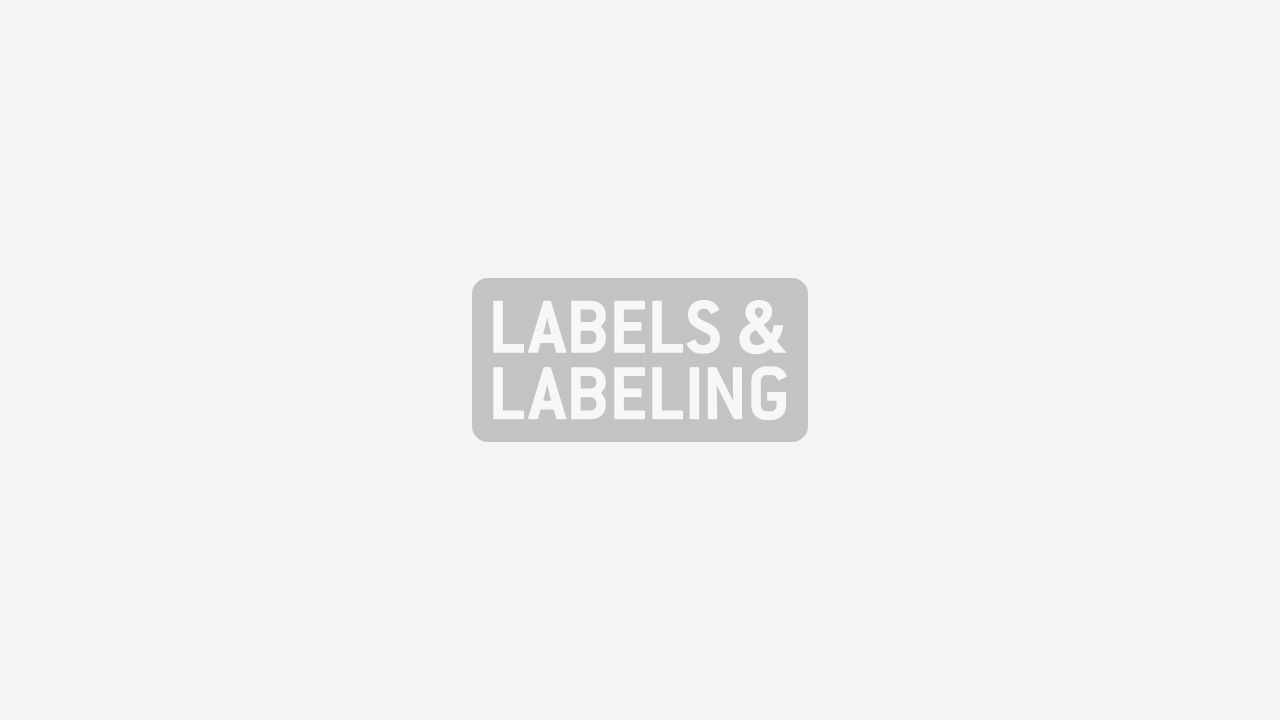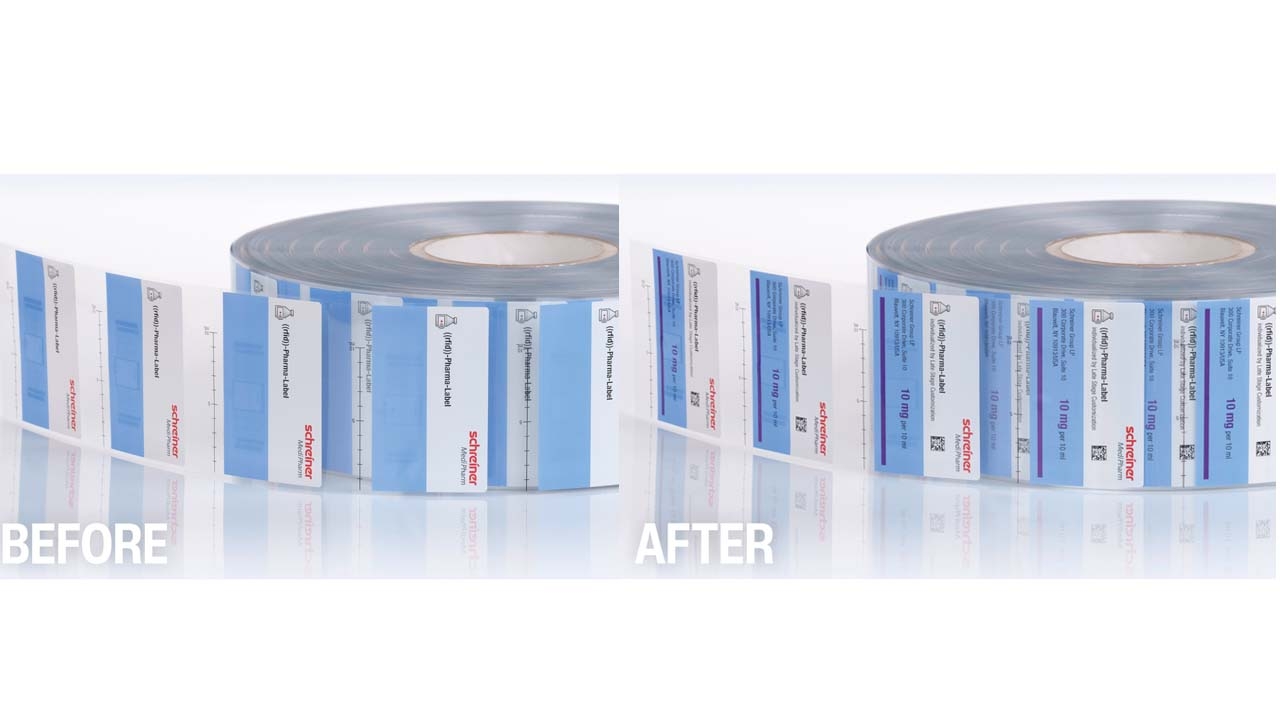Applied DNA Sciences launches DNA-encoded QR symbol

Applied DNA Sciences has launched a new, DNA-secured form of the QR code. A security tool, digitalDNA utilizes the flexibility of mobile communications, instant accessibility of secure, cloud-based data, and the certainty of DNA to make item tracking and authentication fast, easy and definitive. It also provides the opportunity to create a new customer interface.
The product uses forensic authentication of a botanical DNA marker, sequence-encrypted within a secure QR code, and physically included within the ink used to digitally print the code. The resulting pattern – or ‘rune’ – can be scanned via an app with an iPhone to assure originality anywhere along the supply chain. The scan checks in wirelessly with a secure database in a ‘private, secure cloud,’ and displays the resulting analysis back on the iPhone screen. Tracking information is fed into ‘tunable algorithms’ that use pattern recognition to automatically identify supply-chain risks, for counterfeits or product diversion.
Rapid-reading reporters, associated with the DNA marker, are also embedded in the ink, and prevent the secure code from being digitally copied. The markers, included in all digitalDNA codes, serve as a forensic backstop in legal cases where absolute proof of originality is required. Forensic authentication of the DNA in the ink, must match the sequences and length polymorphism found in the decrypted digitalDNA code.
The technology avoids the risks of phishing scams to which non-secure QR codes are vulnerable, while providing authentication, geolocation and time-stamping throughout the supply chain. The ubiquity of the iPhone platform allows the consumer to participate in the authentication scheme, quickly and easily. In addition, end-users could confirm freshness and expiration, connect to real-time or video technical support, identify local resources, easily place reorders, and participate in peer-to-peer selling.
The digitalDNA platform is designed to meet compliance specifications defined by the Payment Card Industry (PCI) Security Standards Council, the new and strict standards developed for handling credit card transactions, and Health Insurance Portability and Accountability Act (HIPAA), the stringent requirements for protecting personal health information.
It evolved from a partnership agreement signed with secure cloud-computing specialist DivineRun, in January 2012. The partnership will enhance and extend APDN's core anti-counterfeiting, anti-diversion, and security systems into the digital track-and-trace sphere. The companies jointly described the agreement as ‘taking APDN's best-in-class anti-counterfeiting and authentication systems and marrying them to the best in secure mobile applications and advanced cloud computing.’
James Hayward, president and CEO of APDN, sees ‘a terrific synergy’ in the partnership with DivineRune, whose name derives from a reference to symbology typified by the rise in applications of QR codes. ‘Our products today uniquely offer our customers proven, uncopyable authentication of virtually any product or asset. We are now ready to leverage the expertise of DivineRune to offer enhanced authentication systems which are faster, even more accessible and innovative. I believe that you will see some truly imaginative technology emerging from this partnership.’
The DivineRune management team specializes in highly secured IT systems for companies looking to send and store information in ‘private clouds’. They have a track record of success in building computing systems that operate in the most challenging environments. ‘These are areas which are in need of the highest security available, including advanced encryption of data in transit and at rest,’ explained John Paul Pennisi, product manager at DivineRune. ‘Without doubt, this partnership will reap the benefits of our core competencies in cloud computing, mobile devices, and logistics,’ he said.
digitalDNA can be used to track individually packaged items, such as drugs or luxury goods, when the space on the item is available to print the digitalDNA matrix. On items too small for the matrix, such as microchips, digitalDNA can be used on lot shipments.
The combined DNA-IT platform will also aim to satisfy requirements of the California E-Pedigree Law (SB 1307 (Ridley-Thomas, Chapter 713, Statutes of 2008), which requires an electronic record of every sale of prescription drugs in the state. The pedigree must thoroughly document the drug, including its source, identification, and other data. Some features of the law require compliance as early as 2015. The California law is said by many to have wide repercussions for the pharmaceutical industry globally.
APDN is selling digitalDNA directly and through its existing channel partnerships. An alpha sale was already placed with a multinational personal care company. Hayward stated: ‘digitalDNA could revolutionize supply chain security, and is relevant to all the industry verticals we currently service. digitalDNA offers logistic enhancement consistent with Section 818 of the National Defense Authorization Act, which mandates that defense suppliers take steps to eliminate counterfeits within their supply chain. A related product, our SigNature DNA is completing a military pilot designed to provide Section 818 compliance at the item level, while digitalDNA facilitates compliance for bulk shipments.’
Click here for more stories about Applied DNA Sciences on L&L.com.
Stay up to date
Subscribe to the free Label News newsletter and receive the latest content every week. We'll never share your email address.

